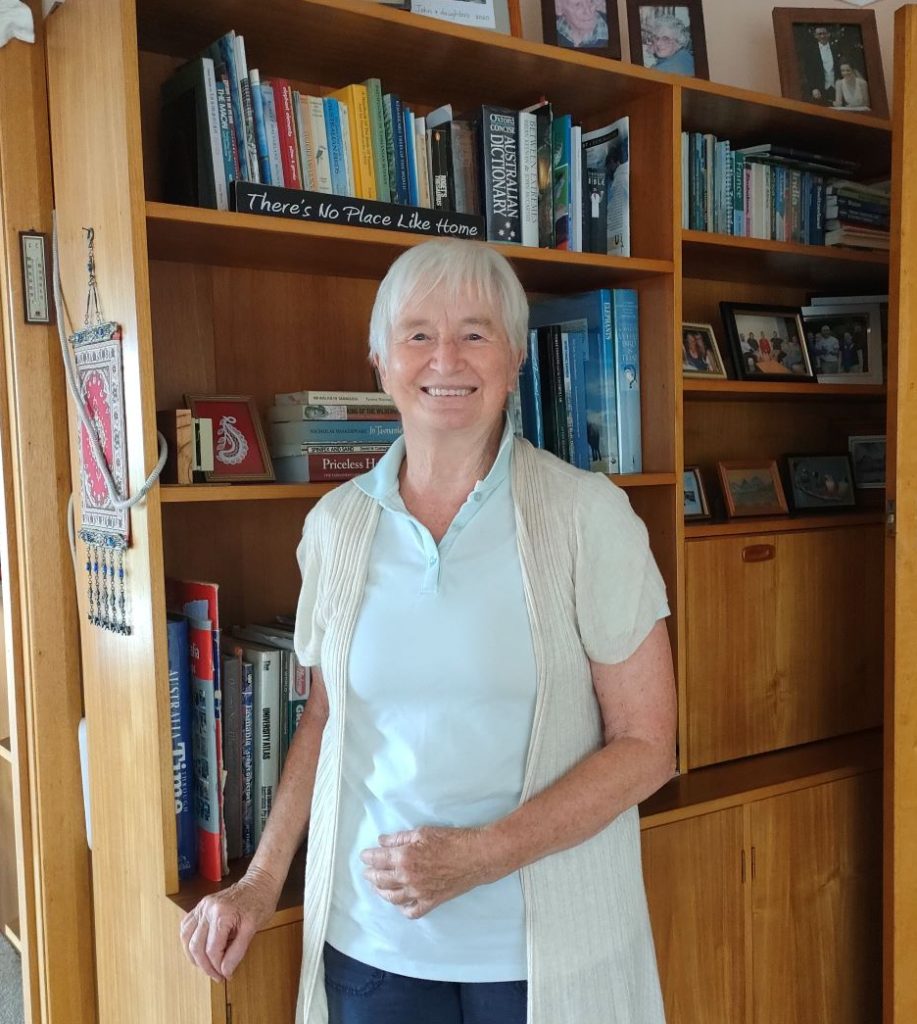Adjusting to life after a motor vehicle accident
April 1, 2022
A motor vehicle accident can have life-changing, long-term consequences. There are supports available to help Tasmanians and their families through stages of shock, grief, acceptance and adjustment.
The Motor Accidents Insurance Board (MAIB) funds the Road Trauma Support Tasmania service. This is a Tasmania-wide service that provides free and confidential counselling to people who have directly or indirectly experienced road trauma.
Kim is a counsellor with the service. She says it has no time limits and can be used by anyone who needs to chat with someone outside their family and friendship group.
“You might be the person who has been in the accident, or a friend or family member,” she says. “You might have been the first on the scene, or a witness. You might need just the one session, four or five or sessions or longer-term support. It’s important to understand that a road accident results in emotional shock as well as physical injuries and that grieving is a normal part of the recovery process.”
Road Trauma Support Tasmania is based in Launceston and also has an office in Hobart. While face-to-face counselling can be arranged, Kim says telephone counselling is working well as often people appreciate the anonymity.
Anglicare’s attendant care service
Anglicare’s Acquired Injury Support Services provides specialist, at-home care to people who have acquired an injury as a result of a motor vehicle accident. Called ‘attendant care’, it is funded by MAIB.
Attendant care includes support with personal care, assistance with shopping and meal preparation, and rehabilitation programs that promote communication skills and improve mobility. Attendant care may incorporate home modifications such as ramps, wheelchair accessible bathrooms, wider doorways and bed hoists.
Anglicare also supports people to stay connected with their community.
“Attendant care can be short-term or long-term,” explains General Manager Acquired Injury Support Services Liz Leslie.
“It supports people to live as normally as possible while they recover from what is often a very traumatic, life-changing experience – particularly if it involves an acquired brain or spinal injury.
“Attendant care is not suitable for everyone. The severity of some people’s injuries may mean that they will need to spend a long period (and in some cases the rest of their lives) in a supported accommodation facility,” said Liz. The MAIB owns properties in Glenorchy, Kings Meadows and Ulverstone that have been purpose-built for people with complex care needs. These are managed by Anglicare.
Anglicare can also connect people with other helpful services such as financial and relationship counselling and mental health and wellbeing.
Meet Anne-Marie
Anne-Marie (75, of Devonport and pictured above) is recovering from a major car accident just over a year ago. She spent two weeks in Hobart in an induced coma and then two months in the Mersey General Hospital for rehabilitation.
Anne-Marie was a busy community member prior to her accident, volunteering at the local visitor centre, family history society and Vinnies. She was also physically active, enjoying line dancing, working in her large garden and walking. She described herself as “a fresh air fiend.”
“It’s been a huge adjustment and often very frustrating,” she says.
“I’m not the person I was. My head doesn’t hold things like it used to. I’ve lost confidence in making decisions. I miss being outdoors and I’ve also found it difficult to fit back in at line dancing.”
Attendant care provided by Anglicare assisted Anne-Marie in her recovery. She recalls one support worker who brought in jigsaws and crosswords and another who took her on night walks along the river. She is still receiving physiotherapy and psychological support via MAIB.
“A person from MAIB was there when I first opened my eyes in hospital,” she recalls. “They told me they would support me and asked me what I needed.”
Further information:
You can contact the Road Trauma Support Tasmania service by telephone on 0427 487 251 or the contact form on its website.
You can find out more about Anglicare’s Acquired Injury Support Services here.

